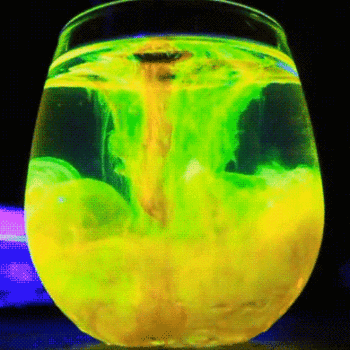What is gene expression?
1 Answer
Gene expression is the process by which the information contained within a gene (mRNA) becomes a useful product.
Explanation:
Why does gene expression occur and why is it useful?
• Gene expression occurs when a gene is ‘switched on’ and the DNA code is converted into polypeptides that control the structures and functions of a cell.
• If the DNA is damaged gene expression will cause the production of a variety of enzymes that can repair damaged DNA, e.g. some repair enzymes can cut out the damages DNA and make new DNA to replace it.
• There are also enzymes that prevent copying errors when DNA is replicated – this is called ‘proofreading’.
• Gene expression can lead to the replacement of some cells, e.g. lining the intestines, as these calls are too damaged by the digestion process to be repaired.
• If a cell is exposed to very high temperatures it can switch on a gene to make ‘heat shock proteins’. These heat shock proteins can be produced very rapidly and can stabilize the other proteins in the cell. This helps protect the cell allowing it to function for longer.


